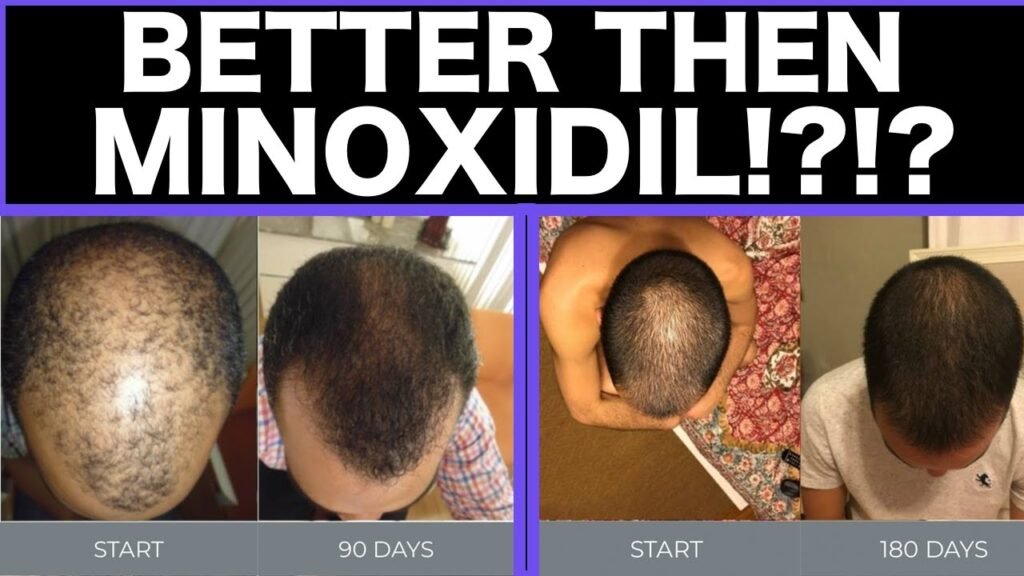Pros and cons of Minoxidil vs castor oil
Pros of Minoxidil
Minoxidil is a widely recognized treatment for hair loss, particularly effective in stimulating hair growth in cases of androgenetic alopecia. One of its significant advantages is its clinically proven effectiveness, with numerous studies backing its ability to promote hair regrowth. Minoxidil is available in various formulations, including topical solutions and foams, making it convenient for users to integrate into their daily routines. Additionally, Minoxidil is FDA-approved, which provides consumers with confidence in its safety and efficacy.
Cons of Minoxidil
Despite its effectiveness, Minoxidil does come with some downsides. Users often report side effects such as scalp irritation, itching, and dryness. Another potential drawback is the need for continuous use; stopping Minoxidil treatment can lead to the reversal of hair growth benefits. This ongoing commitment can be a significant consideration for individuals weighing their options. Additionally, Minoxidil may not be effective for everyone, particularly those with extensive hair loss.
Pros of Castor Oil
Castor oil, a natural remedy, is praised for its nourishing properties and ability to improve hair health. Rich in ricinoleic acid, it helps to moisturize the scalp, potentially leading to stronger, healthier hair. Its natural composition makes it an attractive option for those seeking chemical-free alternatives. Castor oil is also versatile, as it can be used in various DIY hair treatments and is often combined with other oils for enhanced benefits.
Cons of Castor Oil
While castor oil is a popular choice for many, it does have limitations. Its effectiveness in promoting significant hair growth is largely anecdotal, with limited scientific evidence to support its use as a treatment for hair loss. The oils thick consistency can also make it difficult to apply and remove, potentially deterring regular use. Additionally, some individuals may experience allergic reactions or scalp irritation, highlighting the importance of conducting a patch test before full application.


